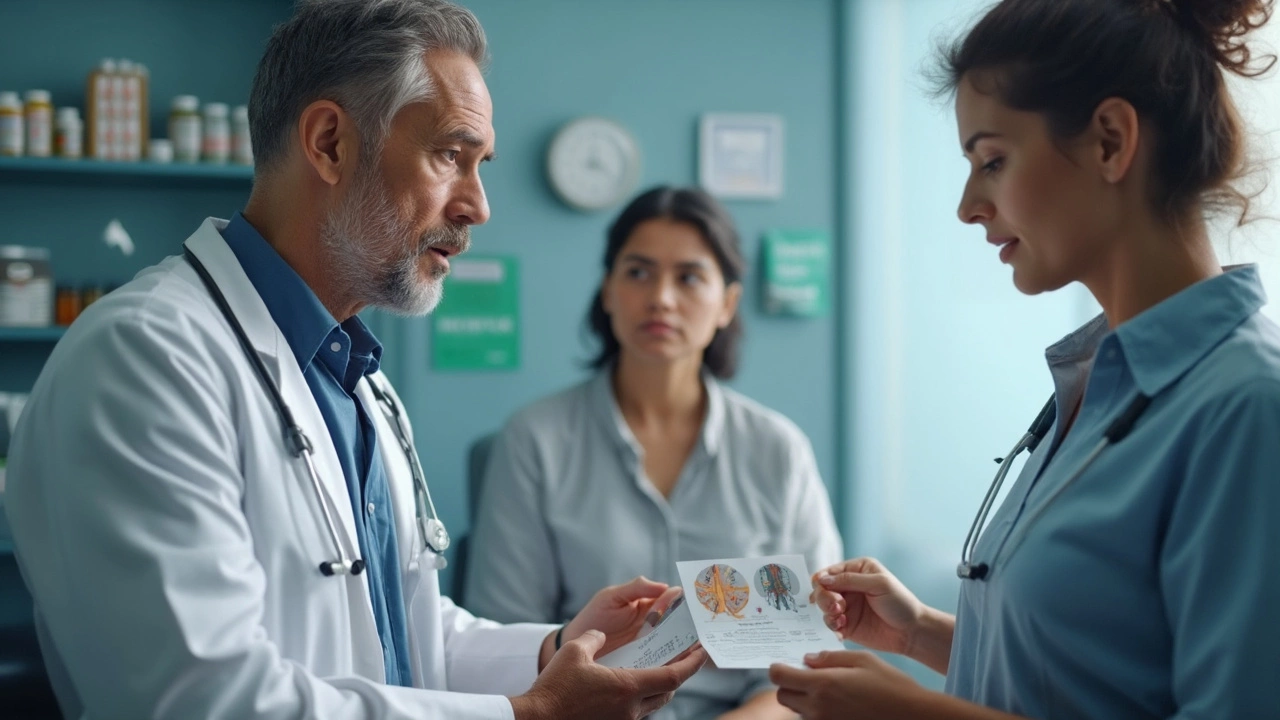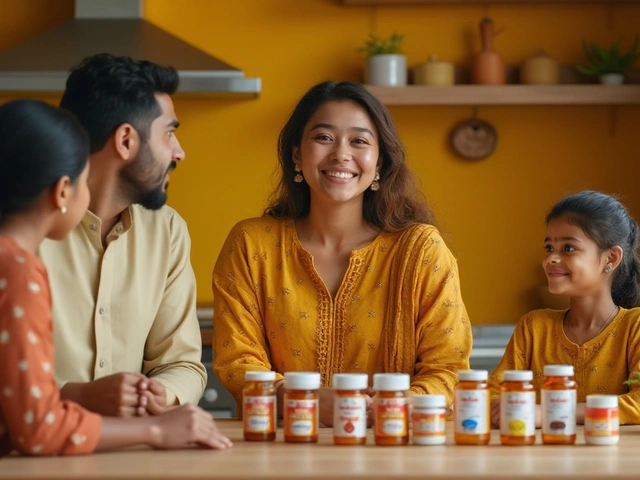Strongest Drug: How Potency Is Measured and Why It Matters
When you hear the word "strongest drug" you probably think of something that works fast and can be dangerous if misused. In medicine, strength isn’t just about price or brand – it’s about how much effect a tiny amount can produce. Knowing this helps you avoid accidental overdoses and understand why some medicines need extra caution.
What Makes a Drug "Strong"?
Pharmacologists use the term "potency" to describe the amount of a drug needed to trigger a response. A highly potent drug achieves the same effect at a much lower dose than a weaker one. For example, fentanyl, a painkiller used in surgery, is about 100 times stronger than morphine. That means a few micrograms can relieve severe pain, but the same tiny dose can also cause serious breathing problems.
In India, the Drug Controller General of India (DCGI) classifies medicines based on their therapeutic index – the gap between an effective dose and a toxic dose. A narrow therapeutic index signals a strong drug that must be monitored closely. Common examples include insulin, warfarin, and chemotherapy agents like methotrexate.
Why Potency Can Be Dangerous
Strong drugs often have a steep dose‑response curve. A small mistake in measuring can turn a therapeutic dose into a harmful one. That’s why doctors prescribe exact units, use calibrated syringes, and ask patients to follow strict schedules.
In everyday life, you might see strong drugs advertised as fast weight‑loss pills or energy boosters. Many of these are off‑label uses of potent substances, such as GLP‑1 agonists or stimulants. They can be effective, but they also carry side effects like nausea, high blood pressure, or heart rhythm changes.
Another risk comes from counterfeit medicines. Low‑cost copies sometimes contain higher‑than‑label amounts of active ingredients, turning a standard drug into an unintentional overdose. Checking the batch number and buying from reputable pharmacies reduces this danger.
So how can you stay safe with powerful medicines? First, always follow the prescribed dosage and never adjust it on your own. Second, keep a list of all drugs you’re taking – mixing strong medicines can raise toxicity. Third, know the signs of overdose: sudden dizziness, confusion, breathing trouble, or severe stomach pain. If any of these appear, seek medical help immediately.
Understanding the concept of the "strongest drug" isn’t about fear; it’s about informed use. By recognizing potency, checking sources, and following doctor advice, you can benefit from these medicines without unnecessary risk. Remember, the strength of a drug is a tool – use it wisely and stay healthy.

Strongest Drugs for Nerve Pain: What Really Works?
Curious about the strongest drugs for nerve pain? This article digs deep into what medications actually help severe nerve pain and why some options are more powerful than others. You'll get the facts on prescription drugs, their side effects, and how doctors choose the best treatment. Learn what to expect if you're dealing with tough neuropathic pain. Find out how to talk to your orthopedic doctor about your options.

Which Vitamins You Should Avoid Taking Together
Jan, 3 2025



